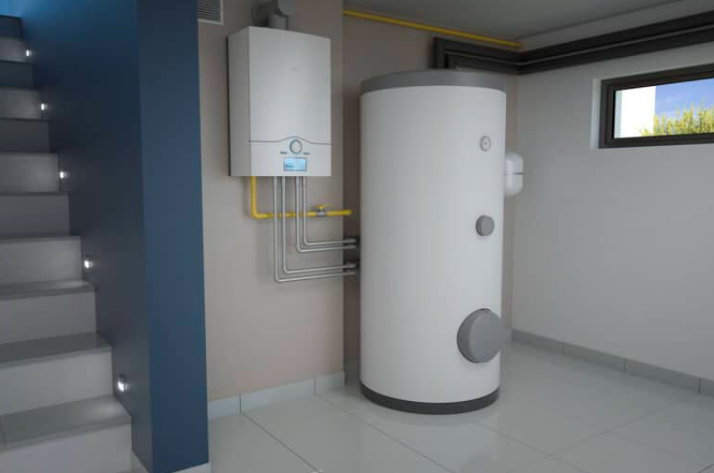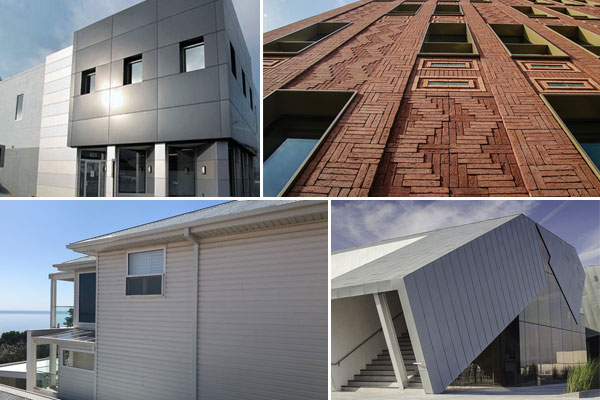
Many homeowners overlook the impact of an aging water heater on their energy bills. Over time, water heaters lose efficiency, forcing your heating system to work harder and consume more energy. Replacing an old or inefficient water heater can not only improve your household’s comfort but also result in noticeable cost savings. Understanding how water heater replacement contributes to energy efficiency is essential for anyone looking to optimize home utility expenses.
Why Energy Efficiency Matters in Water Heating
Water heating accounts for a significant portion of a household’s energy consumption, often second only to heating and cooling systems. Inefficient water heaters can waste energy through heat loss, sediment buildup, or malfunctioning components. This inefficiency translates directly into higher energy bills.
Investing in a timely water heater replacement ensures that your system operates at peak performance. Newer models are designed with advanced insulation, improved heating elements, and energy-efficient technology that reduces electricity or gas usage. Beyond cost savings, an efficient water heater also promotes consistent hot water supply for everyday activities like bathing, cooking, and cleaning.
Signs It’s Time for Water Heater Replacement
Identifying when your water heater needs replacement is crucial to prevent high energy costs and potential water damage. Common indicators include:
- Frequent temperature fluctuations or inconsistent hot water supply
- Strange noises such as popping or rumbling, which indicate sediment buildup
- Rust or corrosion on the tank or connecting pipes
- Water leaks around the base of the unit
- Age over 10 to 15 years, which is typically the lifespan of standard water heaters
Addressing these signs early through water heater replacement can prevent larger problems, including plumbing emergencies that may require costly sewer line repair.
How Water Heater Replacement Saves Energy
Replacing an old water heater with a modern, energy-efficient model can lead to substantial savings in energy consumption. Here are some ways this works:
1. Reduced Heat Loss
Older water heaters often have poor insulation, leading to heat escaping from the tank. Modern water heaters are built with enhanced insulation, ensuring that water stays hotter for longer without constantly reheating. This reduces energy usage and lowers monthly bills.
2. Advanced Heating Technology
New water heaters utilize more efficient heating elements or gas burners, which require less energy to bring water to the desired temperature. Some models also include smart features like programmable timers, allowing households to heat water only when needed.
3. Prevention of Sediment Buildup
Over time, minerals from water accumulate at the bottom of a tank, forcing the heating system to work harder to maintain temperature. Water heater replacement eliminates this buildup, ensuring the new system operates efficiently and uses less energy.
4. Improved Flow and Hot Water Distribution
Modern water heaters often include features that optimize water flow and temperature consistency. This reduces wasted energy from running faucets longer while waiting for hot water and minimizes the strain on plumbing systems.
The Connection Between Water Heater Replacement and Plumbing Health
While the focus of replacement is often energy savings, upgrading your water heater also contributes to overall plumbing health. Old water heaters can leak or corrode, causing water damage that may affect nearby sewer lines. In severe cases, prolonged leaks can necessitate sewer line repair, which is costly and disruptive.
By investing in a new water heater, homeowners not only improve efficiency but also reduce the risk of water damage and plumbing emergencies. Proper installation by experienced professionals ensures that your system integrates seamlessly with existing plumbing, providing reliable performance and reducing maintenance issues over time.
Choosing the Right Water Heater for Energy Savings
Selecting the right water heater is crucial for maximizing energy efficiency. Factors to consider include:
- Capacity: Choose a tank size that meets your household’s daily hot water needs without overproduction.
- Energy Rating: Look for water heaters with high energy efficiency ratings, which use less electricity or gas per gallon of heated water.
- Fuel Type: Electric, gas, and tankless water heaters offer different advantages. Tankless models heat water on demand, reducing standby energy loss.
- Advanced Features: Smart controls, timers, and self-cleaning functions can enhance efficiency and extend the system’s lifespan.
Consulting with experienced professionals ensures that you select the right model for your home while avoiding costly installation mistakes.
Maintenance Tips to Maximize Efficiency
Even with a new water heater, proper maintenance is essential to sustain energy savings. Regular maintenance can prevent small issues from escalating into major problems that require sewer line repair or additional plumbing work. Maintenance tips include:
- Periodically flushing the tank to remove sediment buildup
- Inspecting anode rods to prevent corrosion
- Checking for leaks around the tank and connections
- Scheduling annual inspections with a professional plumber
These steps ensure that your water heater continues to operate efficiently, maintaining lower energy bills for years to come.
The Long-Term Benefits of Water Heater Replacement
Replacing your water heater offers immediate and long-term advantages. Homeowners can expect lower utility bills, reduced environmental impact, and increased property value. Efficient systems also provide consistent hot water, enhancing comfort for daily routines. Moreover, modern water heaters are built to last longer and require fewer repairs, saving money and stress over time.
In addition, investing in an energy-efficient water heater can prevent emergencies that lead to costly sewer line repair or plumbing replacements. Preventive upgrades ensure both financial and operational peace of mind, making water heater replacement a smart decision for any homeowner.
Water heater replacement is more than a convenience; it is a strategic investment in energy efficiency, plumbing health, and long-term cost savings. Modern water heaters reduce energy consumption through better insulation, advanced heating technology, and optimized flow systems. They prevent potential water damage and plumbing emergencies, helping homeowners avoid costly repairs, including sewer line repair.
For those looking to reduce utility bills, protect their home plumbing, and ensure consistent hot water, timely water heater replacement is essential. Coupled with proper maintenance and professional installation, upgrading your water heater transforms one of the most essential home systems into a reliable and efficient asset.




